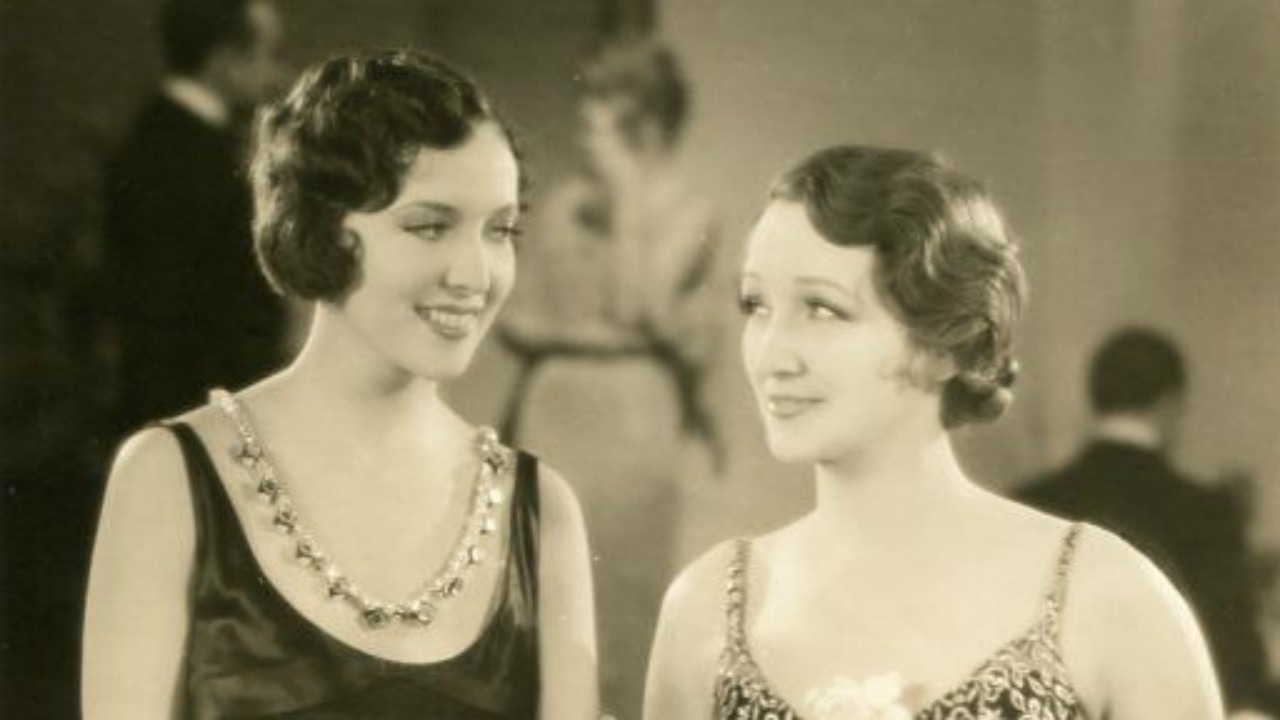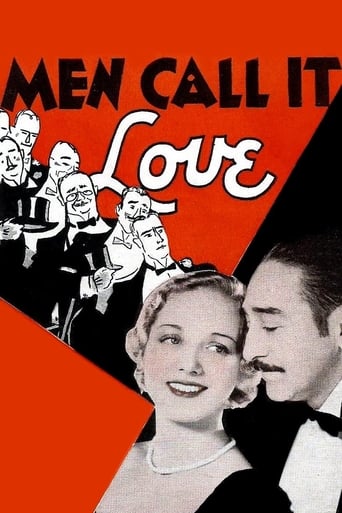

Very very predictable, including the post credit scene !!!
... View MoreIf you're interested in the topic at hand, you should just watch it and judge yourself because the reviews have gone very biased by people that didn't even watch it and just hate (or love) the creator. I liked it, it was well written, narrated, and directed and it was about a topic that interests me.
... View MoreAll of these films share one commonality, that being a kind of emotional center that humanizes a cast of monsters.
... View MoreIt's a movie as timely as it is provocative and amazingly, for much of its running time, it is weirdly funny.
... View MoreThat was all I could think about as I sat through the superficial dialogue in this picture full of superficial wealthy characters. Who in 1931, when the Depression was at its worst and those who still had jobs worried about holding on to them, would have wanted to see the idle and superficial rich banter in a not clever way about their love lives? None of the characters here is interesting. Most of them are pretty disagreeable.There were few wealthy people in the USA in 1931, certainly not enough to provide a return on even a small budget picture like this one. Who else went to see it? Who did MGM think would buy tickets?
... View MoreA lot of folks assume that back in the old days, films were super- puritanical and chaste. Well, that might be said about many of the films released after mid-1934, but before that things were a lot different--particularly in the early 30s. The studios had a production code which supposedly mandated 'nice behavior' up until 1934, but the studios routinely ignored it and made films with plots involving adultery, fornication, abortion, prostitution and the like. They also featured cursing and nudity in a few cases...and some of it is pretty shocking when seen today. But the public outcry and loss of revenue eventually resulted in a long list of dos and don'ts and the film soon were highly sanitized. "Men Call It Love" is one of these Hollywood films that came out before the tough Production Code of 1934. It's pretty obvious, as the theme in this one is adultery--and practically all the folks in this film are either married and cheating on their spouses or single and DEFINITELY playing the field! Subtle, it ain't!The film features Leila Hyams as Connie...the only married person not cheating in this film. However, when she eventually realizes that her husband is a weak, no-good cheater, she decides to make up for lost time and chases playboy, Tony (Adolph Menjou), like a dog chasing after a pork chop! What's going to become of Connie-- especially because it seems like, down deep, this sort of life isn't for her. Will she be happy with her new lascivious lifestyle-- especially after she proposes to her husband that they adopt an open marriage? In some ways this is a pretty good film, in other ways it isn't. The plot is certainly unusual and the acting is pretty good. But the film also is incredibly talky and rather slow--and perhaps too subtle. If it had been MORE sensationalistic and sleazy like some of its competition, it probably would have been a lot more entertaining. It also has an oddly confusing message that manages to be both pro-marriage AND pro-adultery (provided you don't get caught).
... View MoreThis is one of those high society precodes in which everybody is cheating on their own spouse with someone else's spouse. Adolphe Menjou plays one of the few single people in this high society group, but he still has quite the taste for the married women. Leila Hyams plays Connie, Menjou's latest woman of interest. However, she is in love with her husband and doesn't care to enter into an affair. Her husband, Jack, has had one affair with a showgirl that Connie doesn't know about. Mix all of this together and you have a variation on the more famous "The Divorcée". It's just a shame that Adolphe Menjou, the most interesting actor in the cast, doesn't spend more time on screen.The studios all made movies like this during the Depression - films about wealthy people who had nothing better to do but play musical chairs with their love lives with not a glimpse of the dire situation that was playing out in the nation. This one is worth sitting through if you run into it, but there is really nothing to distinguish it other than Hyam's always adequate performance in whatever script she was thrown into and, of course, the ever-dashing Menjou.
... View MoreEdgar Selwyn, one of the people who actually founded the studio that would become MGM ("Goldwyn" was originally an amalgamation of his and his brother's name with co-owner Samuel Goldfish, who liked it so well he renamed himself after the studio), directed this rather stagy version of a story about fidelity and infidelity among the well-to-do. Norman Foster, who would go on to become a good B director, is fairly weak and most of the players are rather mannered in their performances. As usual, Adolph Menjou gives a fine performance as Tony Minot, a philanderer who only falls in love with married women.Harold Rossen as the DP does his usual fine job, moving the camera around lightly to maintain composition. The palette, though, is that stark black-and-white that makes everything look as if the film had been overdeveloped. MGM would abandon it in a couple of years
... View More